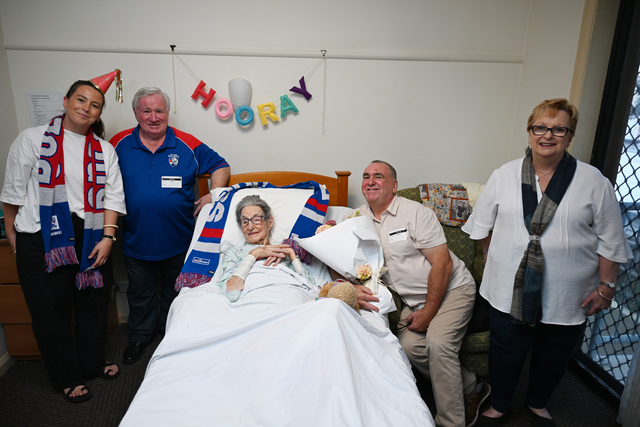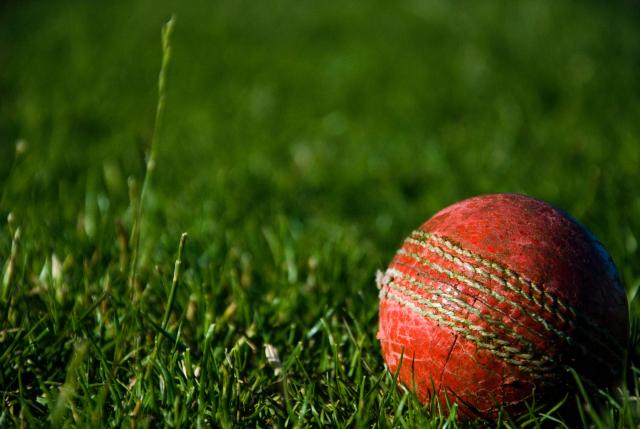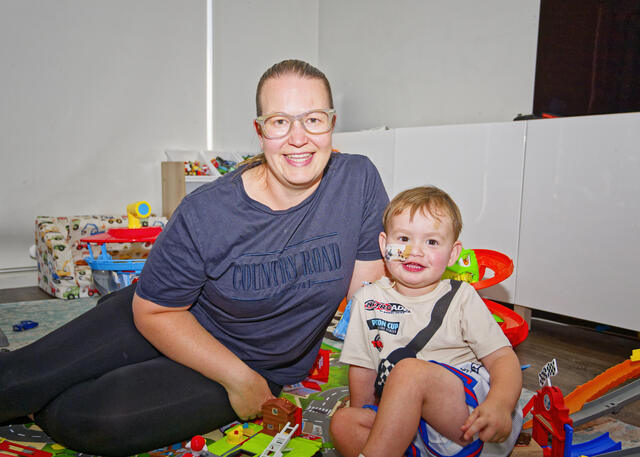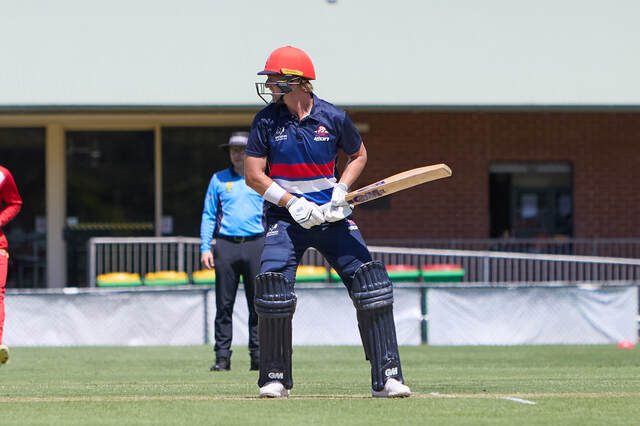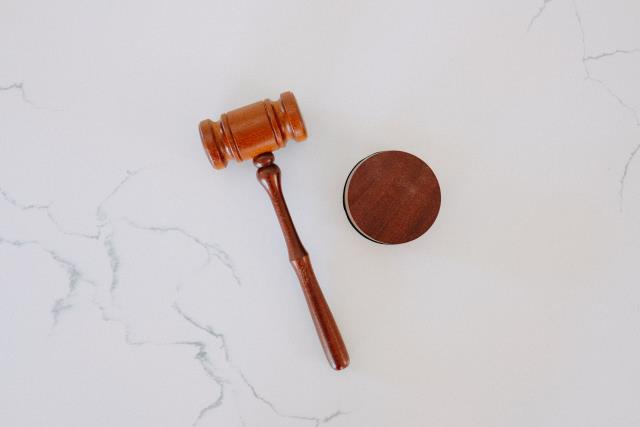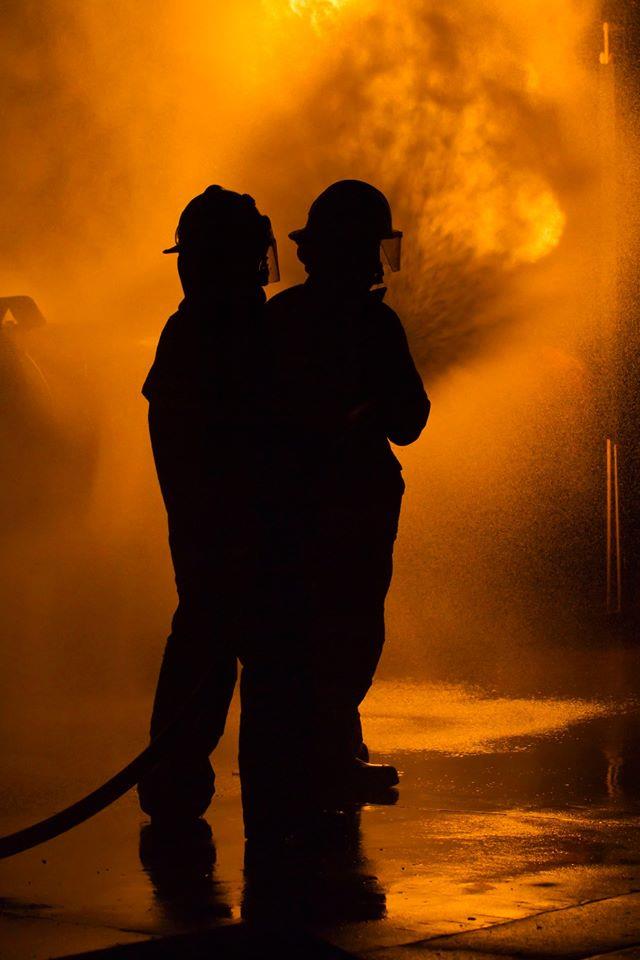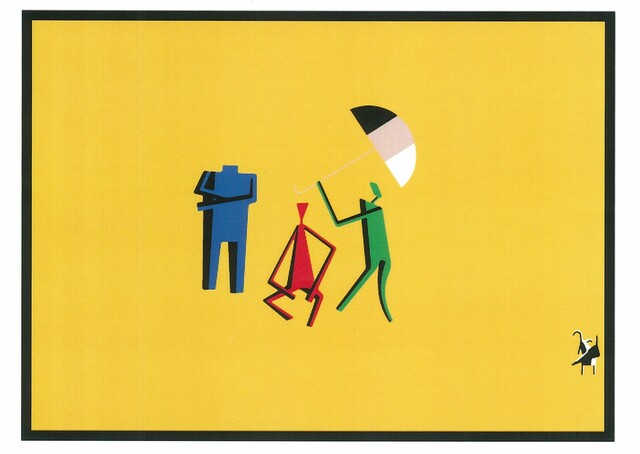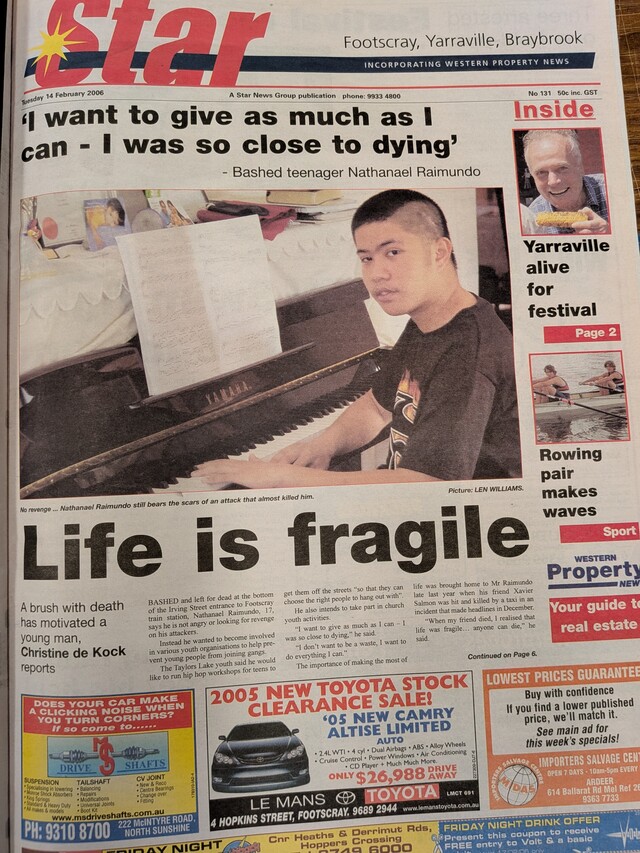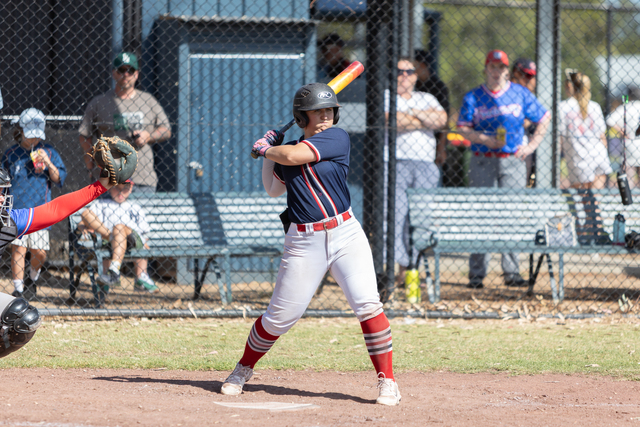Problem gambling is taking a heavy toll on Melbourne’s west,
according to a new report on the social and economic cost of problem
gambling.
The Victorian Competition and Efficiency Commission’s Counting the Cost report
shows the region having the most at-risk and problem gamblers,
exacerbated by the highest concentration of pokies in Melbourne.
Pokies losses account for half of all gambling and the gambling
industry has long been criticised for deliberately saturating
disadvantaged areas with electronic gaming machines.
The report found the social and economic cost of gambling addiction could be as high as $2.8 billion a year, with 30,000 problem gamblers in the state.
Melbourne’s northwest has the highest percentage of problem
gamblers and losses on pokies in Victoria. Two in five calls to
gamblers’ help lines come from the area.
The report comes as Maribyrnong council objected to the Braybrook
Hotel’s application to increase its electronic gaming machines from 31
to 50. Pokies losses in Maribyrnong in 2012-13 were $52.8 million,
including $14.5 million in Braybrook – the fourth most disadvantaged
suburb in Melbourne.
The council last night also considered a motion for the coming
Municipal Association of Victoria conference calling for a three-year
freeze on electronic gaming machine numbers in the state.
The motion would call on the state government to study the impacts
of problem gambling on families and communities, including the
relationship between problem gambling and family violence.
Western suburbs Greens MP Colleen Hartland said there was too
little data available to properly assess the social impacts of new
applications for pokies.
“The state government is shirking its responsibilities to the community by allowing this problem to worsen,” she said.
‘‘The problem is severe in western suburbs where those who can least afford it are losing the most.”
The Greens are pushing for the introduction of $1 bets, maximum
loading to $20 and maximum jackpots of $500 on all poker machines to
help problem gamblers limit their losses.
Liquor and Gaming Regulation Minister Edward O’Donohue said the government had made inroads by banning ATMs at gaming venues.
“The Coalition government is extremely pleased to see the positive
effects that the ATM ban has had on gambling behaviour in the Victorian
community, not just for problem gamblers but also for at-risk and
recreational players,” he said.
An independent report by Swinburne University released last week found the ban had reduced impulse spending on gaming.
“Year on year, the reduction in the amount spent on gaming machines is around 7 per cent, with problem gamblers spending around $90 less each time they play gaming machines.”
Before the ATM removal, four in five high-spend problem gamblers
frequently withdrew more money to gamble than they had planned. The
report found this had dropped to just under half since the ban.


